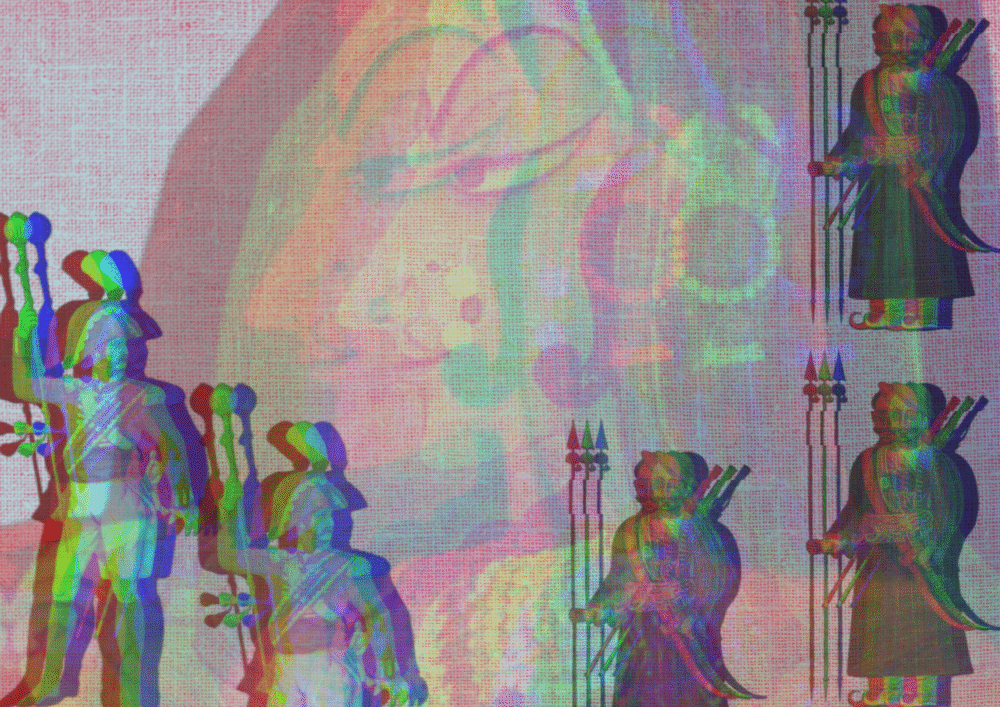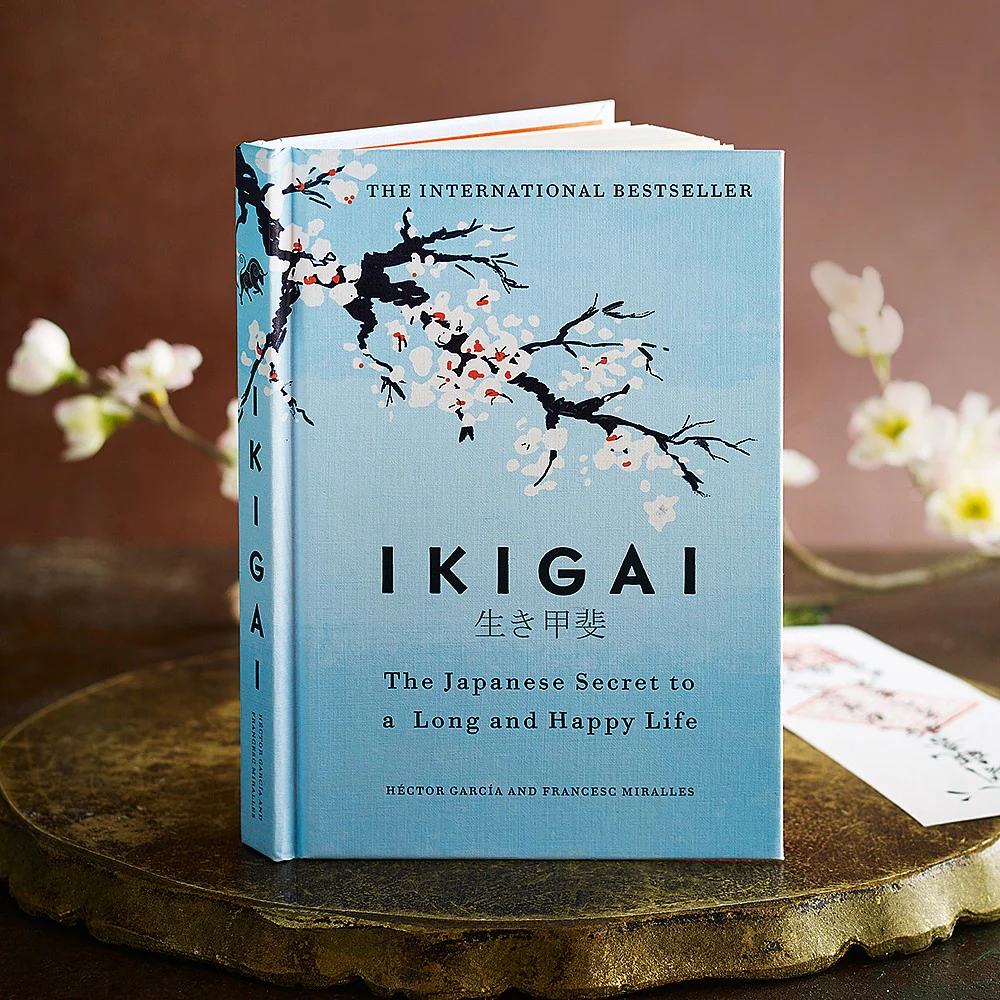Some writers crack open dusty archives. William Dalrymple breathes them back to life.
For over three decades, this Scottish-born historian has been pulling forgotten stories out of the rubbles of empire. His books aren’t just historical accounts; they’re invitations into whole worlds. Palaces, revolts, poets, spies, saints. He gives you all of it. But more than that, he gives you a sense of why it mattered then, and why it still matters now. It comes as no surprise that Salman Rushdie has pointed out, Dalrymple as “that rarity – a scholar of history who can really write”.
You can’t really pin Dalrymple down. He’s a historian by training, sure, but also a travel writer, journalist, and cultural commentator. His style is part literary nonfiction, part archival detective work. If you’ve never read him, you’re in for a rare combination: rigorous research wrapped in gripping storytelling. And if you have, you probably know the feeling of finishing one of his books and immediately searching for the next.
So, if you’re curious about which Dalrymple book to pick up first, or just want to know what all the fuss is about here’s a spoiler-free breakdown of his top ten works, what they’re about, and why they still hit hard.
- The Anarchy (2019)
The one that’ll change how you see corporations forever.
This is Dalrymple at his most urgent. It tells the story of the East India Company, not as a government body, but as a profit-hungry, private business that somehow managed to colonize an entire subcontinent. Think of it as a history book disguised as a slow-burning political thriller. The kicker? It’s all uncomfortably relevant today.
Why it matters: It reframes colonialism as capitalism gone feral and doesn’t let anyone off the hook.
2. White Mughals (2002)
The most tender and tragic of his works.
Set in late 18th-century India, this book tells the story of a British official who fell in love with a Hyderabadi noblewoman. It’s romantic, yes, but not in a Hallmark way. Their love exists in a fragile in-between world, when British and Indian cultures still mingled freely, before the racial walls went up. Dalrymple captures that fleeting moment before the full machinery of empire kicked in.
Why it matters: It reminds us that history isn’t just war and politic it’s people, trying to love across impossible lines.
3. Return of a King (2012)
The one that feels like today’s headlines in disguise.
This book dives into the British invasion of Afghanistan in the 1840s, a complete disaster that eerily mirrors modern foreign policy blunders. Dalrymple digs into Afghan sources as much as British ones, offering a full 360-degree view of what went wrong. The writing is cinematic, and the pacing is relentless. By the time you reach the end, you’ll be asking: did anyone learn anything?
Why it matters: Because history doesn’t just repeat itself. Sometimes, it doesn’t even bother to change costumes.
4. City of Djinns (1993)
A love letter to Delhi that reads like a memoir.
This was his breakout book, and it shows off his lighter, more personal side. Dalrymple moves to Delhi and starts peeling back its layers. Mughals, British, Partition, modern chaos all while befriending eccentric neighbours, drivers, and dancers. It’s half history, half travelogue, and entirely charming.
Why it matters: Few writers can show how cities carry centuries in their bones quite like this.
5. Nine Lives (2009)
Spirituality without the clichés.
This one’s different. It’s not about kings or empires, but about nine ordinary Indians whose lives are shaped by extraordinary religious beliefs. There’s a Buddhist monk who gave up the world and then went back. A Jain nun who walks barefoot across India. A Sufi singer who channels the divine. Dalrymple fades into the background here, letting each voice speak for itself.
Why it matters: It’s a quiet, respectful look at how people make meaning in a chaotic world.
6. The Last Mughal (2006)
The fall of an empire through the eyes of its last poet-king.
When the British crushed the 1857 rebellion, they also ended centuries of Mughal rule. This book tells the story of Bahadur Shah Zafar, the last emperor, more of a gentle artist than a ruler who suddenly found himself at the centre of a bloody revolt. Dalrymple leans heavily on newly translated Urdu records, giving the story a voice it never had in British textbooks.
Why it matters: It restores humanity to a man history tried to write off as irrelevant.
7. From the Holy Mountain (1997)
A powerful travelogue that documents the slow disappearance of Eastern Christianity.
William Dalrymple follows in the footsteps of John Moschos, a Byzantine monk who journeyed across the Middle East in the 6th century visiting Christian monasteries. Retracing that route in the 1990s, Dalrymple finds once-thriving Christian communities, Syriac Orthodox, Copts, Armenians, and others reduced to scattered remnants or under threat from political upheaval, religious violence, and mass emigration. Written before the Iraq War and the Syrian Civil War, the book reads today as an elegy for a world that would soon be torn apart.
Why it matters: It offers a sobering account of how centuries-old religious communities rooted in places like Turkey, Syria, and Egypt can face near-erasure within decades, reminding us how easily cultural and religious diversity can unravel under modern pressures.
8. In Xanadu (1989)
The young, slightly cocky debut.
Written when Dalrymple was only 22, this is the wild tale of his journey from Jerusalem to Mongolia, following the trail of Marco Polo. It’s a bit more chaotic than his later works, think backpacking disasters, political border drama, and a lot of flatbreads but you can already see the talent bursting through.
Why it matters: It’s a reminder that great writers often start with curiosity, not credentials.
9. The Age of Kali (1998)
South Asia in the 1990s-fractured, fascinating, and raw.
This one’s a grab bag of essays on everything from Pakistani politics to Tamil Tigers to corrupt godmen in Varanasi. It’s journalistic, but with literary flair. Some pieces are hard-hitting, others observational. Not as polished as his best work, but there’s an urgency here that’s hard to fake.
Why it matters: It captures a region mid-transformation, still reeling from the past, unsure of the future.
10. The Princes of the Indian Empire (Upcoming)
A new chapter still being written.
Dalrymple’s next book is expected to focus on the princely states, those strange, semi-independent kingdoms that lived in the empire’s shadows. If the early teasers are any sign, this could be one of his most colourful books yet. Think gilded elephants, doomed dynasties, and colonial politics at its weirdest.
Why it matters: Because there’s always another forgotten story waiting to be told.
Final Thought: Why Dalrymple Still Hits Different
Dalrymple isn’t here to give you the official version of events. He’s not here to defend Britain’s legacy, nor to flatten India into a symbol. He’s after something more honest, more complicated. The clash of cultures, the messiness of memory, the pain of what’s been lost.
And in an age of clickbait “history explained” content, he reminds us of what storytelling can still do: bring the past to life without simplifying it. That’s rare. That’s valuable.
That’s why he’s still one of the best to do it.



